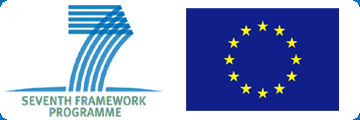This paper presents an overview of key issues raised by the EDC 2020 work package on ‚New Actors in International Development’. In a series of publications, this programme has analysed the global development engagement of a variety of emerging state or non-state actors and discussed the implications of their growing prominence for European donors. One main conclusion to draw from this line of study is that these actors not only create new demands for external coordination, but should also provide an impetus for European self-reflection on the future of development cooperation.
The global financial crisis has reinforced trends of shifting wealth and power in the world economy. One expression of this changing global context is the rising role of so-called ‘new’ actors as development assistance providers. The ‘new actors’ term is a convenient (though not entirely accurate) label to describe a heterogeneous group of state and non-state actors that OECD-DAC donors increasingly recognise as interesting partners for engagement. For many partner countries these new actors have provided a welcome source of additional development finance. In the context of this work programme, the global development players China, India, and Brazil, regional players such as Mexico and South Africa, private foundations and corporate philanthropies have all been included in this group. Yet the current landscape of development cooperation also extends beyond these actors to include states as diverse as Chile, Colombia, Egypt, Indonesia, Turkey, and Vietnam, to name a few examples. Read the full paper

